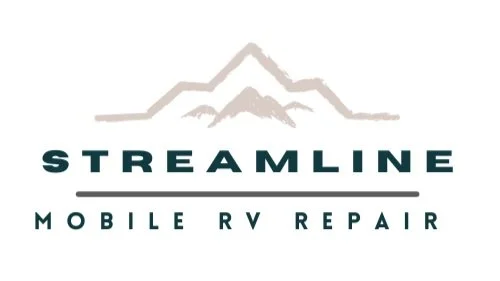How Often Should You Repack RV Trailer Bearings? Your Guide to Wheel Maintenance
Your RV trailer’s wheel bearings are critical to safe and smooth travels. With regular usage, especially for those who tow frequently or go on long-distance trips, it’s essential to include bearing maintenance in your routine. Neglecting this small but vital task can lead to serious problems, from premature tire wear to dangerous wheel failure on the road.
How Often Should You Repack Your Bearings?
For standard trailers, it’s recommended to repack your wheel bearings every 12 months or every 10,000 to 12,000 miles, whichever comes first. However, if you’re traveling through rough terrain, wet conditions, or storing your RV for long periods, you may need to check and repack more frequently.
Types of Bearings:
Serviceable vs. Maintenance-Free
1. Standard Grease Bearings (Serviceable):
These are the most common and require regular inspection, cleaning, and repacking with high-temperature wheel bearing grease. During repacking, old grease is removed, bearings are inspected for wear or damage, and new grease is packed in before reassembly.
2. Sealed Bearings (Maintenance-Free):
Some newer model RV’s come equipped with sealed or “lubed-for-life” bearings, which do not require repacking. These are designed to last the lifetime of the bearing or axle, provided they are not damaged.
If you’re unsure whether your trailer has sealed bearings, check your axle manufacturer’s specifications or look for a rubber or metal cap covering the hub with no grease fitting.
Tip: If your trailer has EZ Lube axles, you may notice a grease fitting behind the dust cap. These allow you to push in fresh grease without removing the hub.
Additional Bearing Maintenance Tips
Inspect for play or grinding noises: Jack up each wheel and spin it. Any grinding or looseness could indicate worn bearings or improper adjustment.
Replace grease seals when repacking: This keeps dirt and water out and prevents grease leakage.
Don’t Forget: Wheel Chocks & Tire Efficiency
While bearing maintenance keeps your wheels turning safely, wheel chocks are your first line of defense when parked. Always chock your trailer wheels before unhitching to prevent unexpected rolling.
We Love: https://tr.ee/d1mOtx
Also, check tire pressure and tread wear regularly. Improper inflation or worn tires can reduce fuel efficiency and increase wear on your bearings and suspension components.

